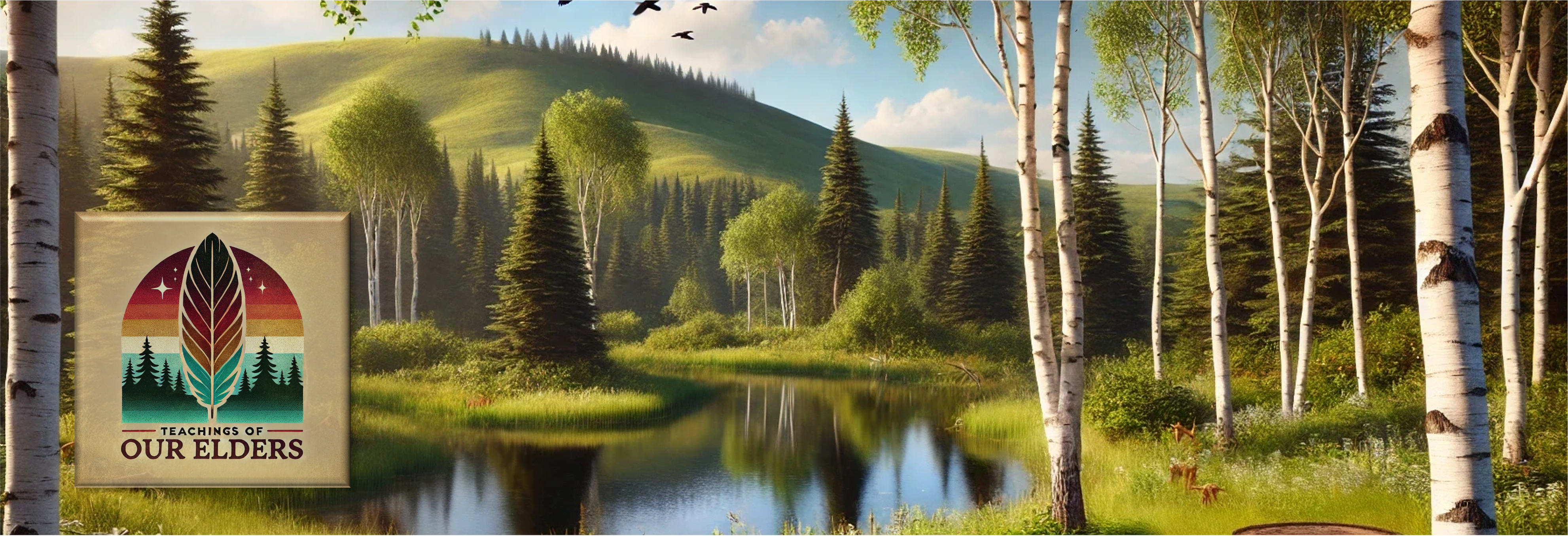| Inquiry Design Model (IDM) Blueprint™ |
| “Native American Names on Maps” |
| NDNAEU 6 “Native Contributions”, NDNAEU 7 “Native Identity” |
| Compelling Question | What names on the US Map (Physical and Political) are words from a Native American tribe? |
| Standards and Practices | WHST.2 Write informative/explanatory texts, including the narration of historical events, scientific procedures/ experiments, or technical processes. a. Introduce a topic clearly, previewing what is to follow. b. Develop the topic with relevant, well-chosen facts, definitions, concrete details, quotations, or other information and examples. c. Use precise language and domain-specific vocabulary to inform about or explain the topic. d. Provide a concluding statement or section that follows from and supports the information or explanation presented. WH.6_12.4 Analyze the influence of social, cultural, and economic developments on individuals. ND.6_12.4.1 Identify the Native American groups in North Dakota before European contact and describe their culture. |
| Staging the Question | How widespread is the influence of Native American culture and language in today’s map? |
| Supporting Question 1 | Supporting Question 2 | Supporting Question 3 |
| What Native American tribes have no history due to colonization? How did these tribes become non-existent? How do we know that they once did exist? | How have Native people helped nonNative people to learn about respect for the land and water? | How different has the same land become? Why? What are the changes? |
| Formative Performance Task | Formative Performance Task | Formative Performance Task |
| Create questions that show an understanding of where Native American Tribes lived. Why was there migration of such tribes? How did Mandan, ND (capitol of Morton County, ND) get its name if there is no Mandan Tribe? | Identify names of rivers, mountains, cities, and states that are connected to the indigenous people of or near that state. | Draw a political interpretation of the transition from Native Land to Current Land; i.e., what New York City looked like when settled by the Matinecock. |
| Featured Sources | Featured Sources | Featured Sources |
| https://www.ndstudies.gov/threeaffiliated-tribal-overview http://top-10-list.org/2011/11/04/top-10-native-tribes-who-faced-extinction/?utm_source=feedburner&utm_medium=feed&utm_campaign=Feed%3A+top-10-list%2FIAGi+(Top+10+List) | Maps State Guide of pre-selected states | Paper Art Supplies |
| SUMMATIVE PERFORMANCE TASK: Supported Claim (written/spoken) or Demonstration of Process (project-based) | Have students create a booklet of questions, maps, and drawings that show an understanding of where and why Native Americans live(d) in today’s current US map. Identify both political and physical points or Native American origin. Students will be able to NDNAEU 6 with Debbie Poitra: https://teachingsofourelders.org/essential-understanding-6-debbe-poitra/ |
| SUMMATIVE PERFORMANCE TASK: Extension | Have I taken specific actions to care for and show respect to the earth? “I am not able to understand my past until I am born.” |
| Taking Informed Action / Real World Application | The students will be able to summarize the influence of Native American culture on their world today. Non-Native and Native students will have varying impacts from this lesson |

